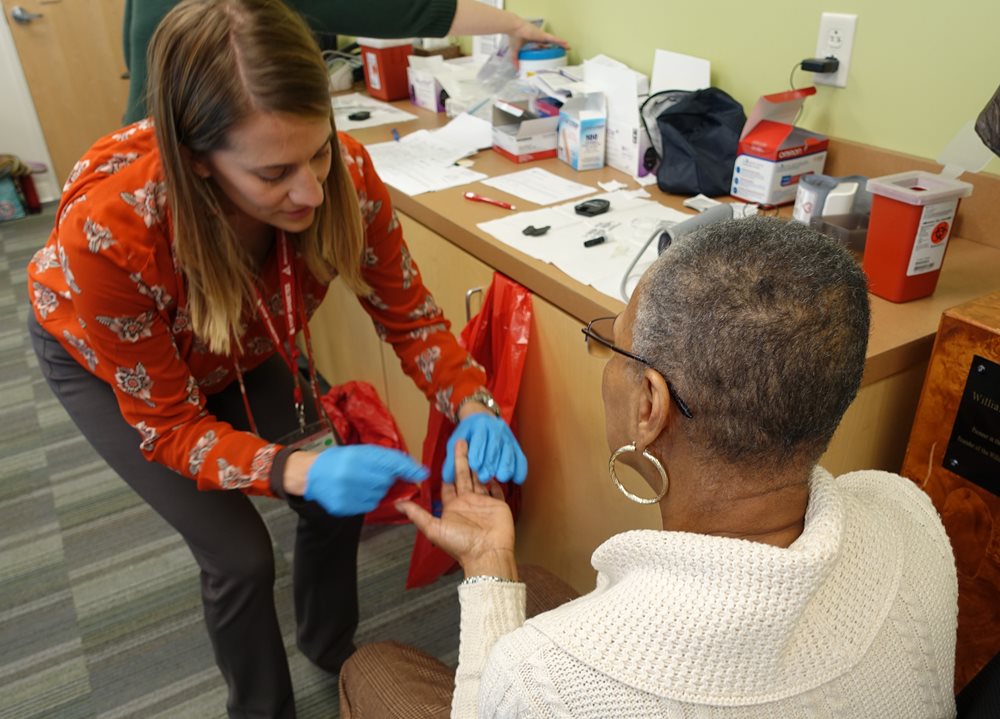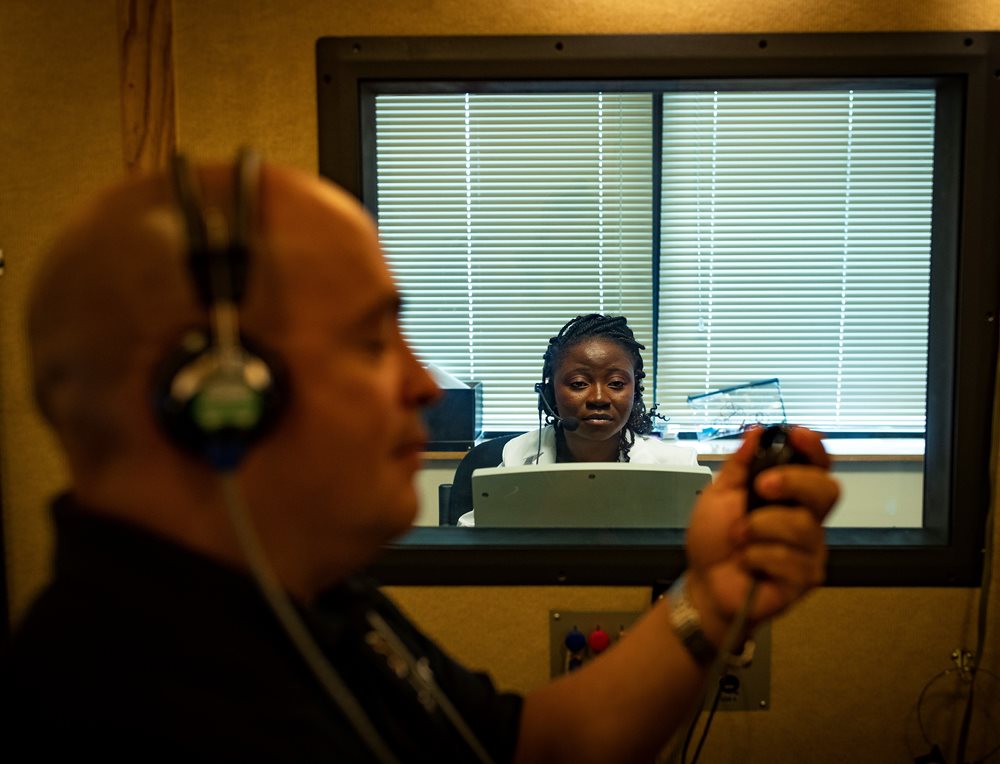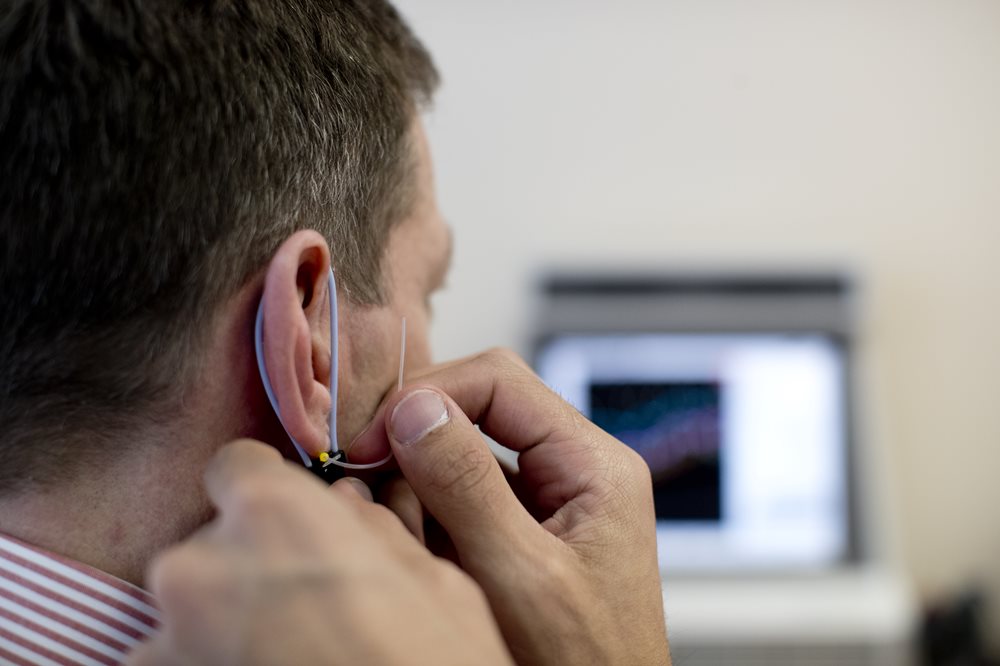Hearing Loss is More Common in People with Diabetes
 Hearing loss is about twice as common in adults with diabetes compared to those who do not have the disease, according to the National Institutes of Health (NIH). And, of the 133 million adults in the United States who have prediabetes, the rate of hearing loss is 30 percent higher than in those with normal blood sugar.
Hearing loss is about twice as common in adults with diabetes compared to those who do not have the disease, according to the National Institutes of Health (NIH). And, of the 133 million adults in the United States who have prediabetes, the rate of hearing loss is 30 percent higher than in those with normal blood sugar.
According to the Centers for Disease Control and Prevention (CDC), high blood glucose levels from untreated diabetes can weaken the ear's blood vessels as well as the nerve cells in the inner ear, known as the "hair cells." Patients with diabetes also seem to be more at risk for sudden hearing loss.
 Diabetes is a disease that affects the body’s ability to produce or use insulin effectively to control blood sugar (glucose) levels. Too much glucose in the blood for a long time can cause damage in many parts of the body. Diabetes can damage the heart, kidneys and blood vessels. It can damage small blood vessels in the ears as well.
Diabetes is a disease that affects the body’s ability to produce or use insulin effectively to control blood sugar (glucose) levels. Too much glucose in the blood for a long time can cause damage in many parts of the body. Diabetes can damage the heart, kidneys and blood vessels. It can damage small blood vessels in the ears as well.
So, when diabetes, especially with poorly controlled blood sugar, takes its toll on the small blood vessels throughout your body, your ears are damaged, too. And, while other parts of your body can accommodate for damaged blood vessels by depending on alternative blood supplies, your ear lacks that option.
Symptoms of hearing loss can come on so gradually that you may not even notice them until someone close to you points them out. As a result, if you have diabetes you may need to have your hearing checked more often.
 The most important step you can take in preventing any complications from diabetes, including hearing loss, is to control your blood sugars. Diet, exercise, and appropriate medications all play a role in keeping your blood glucose within normal range.
The most important step you can take in preventing any complications from diabetes, including hearing loss, is to control your blood sugars. Diet, exercise, and appropriate medications all play a role in keeping your blood glucose within normal range.
Make an appointment for a comprehensive hearing exam. Just like annual eye exams, make a habit of scheduling an appointment for a routine hearing exam every year. If you notice any changes in your hearing, you should see your primary care physician who can refer you to an audiologist.
To request an appointment with the Pennsylvania Ear Institute, click here or call 215.780.3180.